Resources
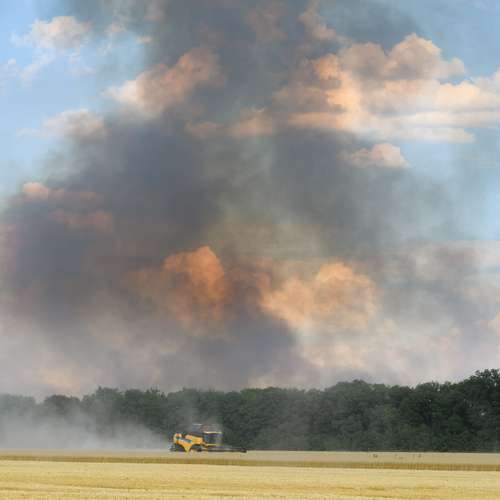
Deal Narrative 2: As pressure builds on available agricultural land in Ukraine, can the country balance environmental protection with economic needs?
With the full-scale invasion in Ukraine by Russia in 2022, in addition to taking a heavy toll on human lives, significant negative impact from the military action on soil health and productivity has been observed, with more than 30% of Ukrainian land now unsuitable for agriculture. In the meantime, ongoing …
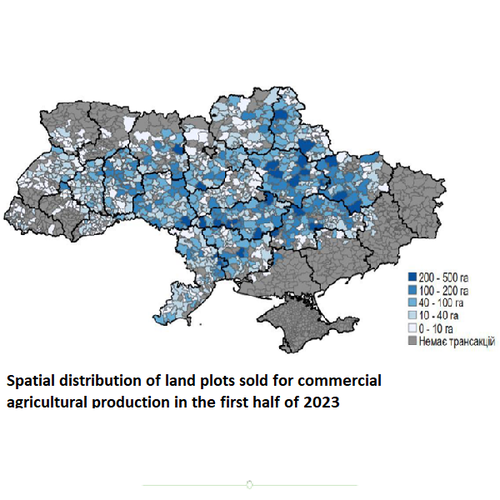
Opening of the second stage of the land market for legal entities in Ukraine: Thoughts and risks
Operations for the lease or sale of agricultural land are ongoing processes that allow for agricultural activity. Small farmers (up to 200 hectares), large agricultural holdings (hundreds of thousands of hectares), and everyone in between form a land bank based on leased or private land plots. From 2021, the moratorium …
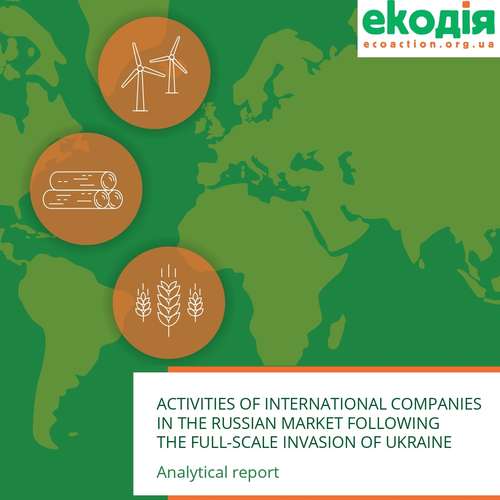
Activities of international companies in the Russian market following the full-scale invasion of Ukraine: Analytical report
After the start of the full-scale invasion of Russia on Ukraine on 24 February 2022, many representatives of foreign businesses left their management positions in Russian companies or withdrew their investments. However, there are also foreign companies that continue to operate in the Russian market, thereby providing income to the …
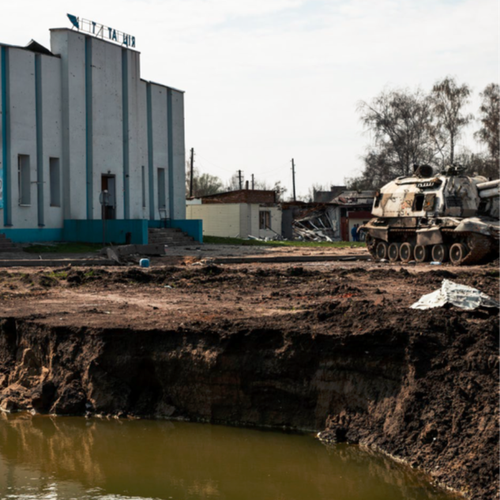
The impact of Russia’s war against Ukraine on the state of the country’s soil: Analysis results
Authors: Anastasiia Splodytel, Oleksandr Holubtsov, Serhii Chumachenko, and Liudmyla Sorokina
Published: 2023
Source: Ecoaction
Since 2014, Russia’s war against Ukraine has dramatically disrupted the soil environment and caused large-scale and long-term environmental degradation. This drastic change of landscape requires an immediate and comprehensive study, followed by the development of …
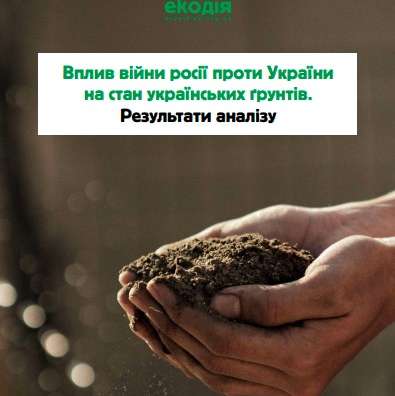
Land contamination as a result of Russia's aggression against Ukraine
Russia's war against Ukraine has provoked widespread and long-term degradation of the environment, including the soil ecosystem. Mined areas, shelling craters, landslides, destroyed military equipment in the fields, and more are all signals of serious soil disturbances with devastating consequences for both soil and human health. Without proper restoration, damaged …
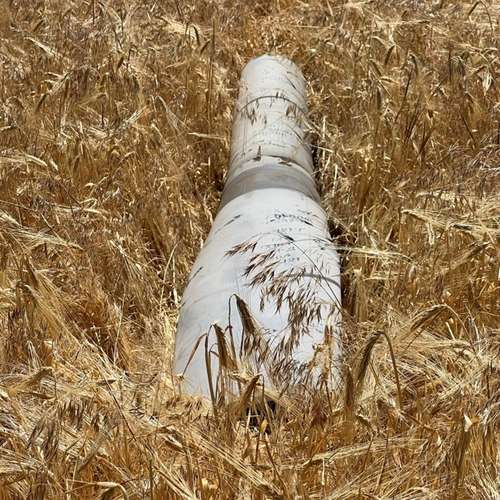
Land deals in Ukraine amidst a war
Authors: Lorina Fedorova, Christoph Kubitza, and Danya-Zee Pedra
The Russian attack on Ukraine has upended the lives of millions of Ukrainians and is causing one of the most severe humanitarian crises in Europe in decades. Aside from the humanitarian threat, economic concerns have begun to surface as people start to …
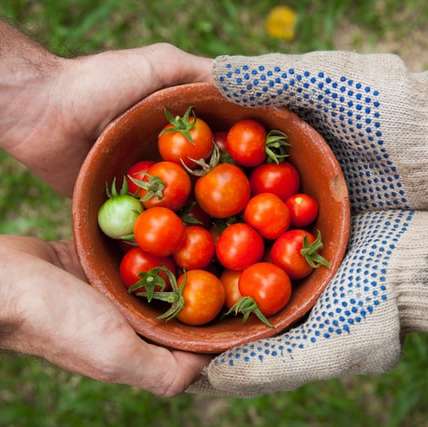
Small farmers are the backbone of food security during the war – and must be supported after the victory
The closer we get to the harvest season, the more often we hear the global community’s statements that Russian aggression in Ukraine is spreading terror and hunger far beyond our country. How the war will affect the world’s food security and the possible ways of dealing with the issue were …
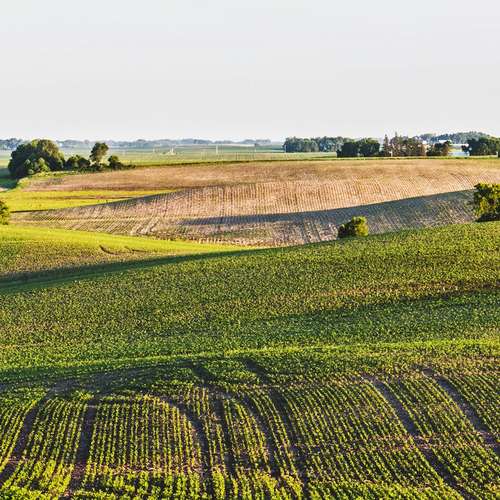
Take back the land from the invaders, not from Mother Nature!
Authors: Mykhailo Amosov
Source: Ecoaction
Published: 19 May 2022
As we witness a time when a third of Ukraine’s arable land is under current occupation by Russian troops or was previously occupied and is still mined by Russia, it’s obvious that the economic interest in the most profitable use …
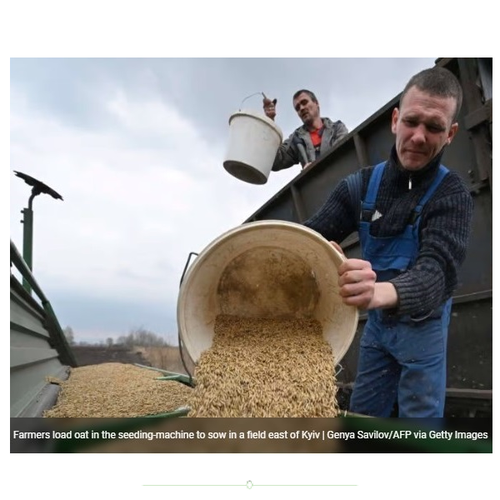
Ukraine’s front-line farmers battle to feed the world
An estimated 10 million hectares — a third of Ukraine’s total farmland — has been knocked out of production either because it's occupied by Russian troops or because the land is strewn with landmines, unexploded shells and the charred remains of tanks and other military hardware, said Mykhailo Amosov, …
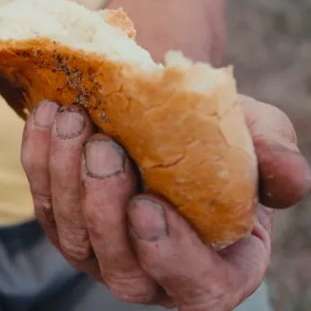
As Russia’s war against Ukraine escalates, the threat of hunger looms over the world
Authors: Mykhailo Amosov and Maria Diachuk, Ecoaction Center for Environmental Initiatives
Source: Euromaidan Press
Published: 15 April 2022
Russia’s war against Ukraine has escalated the threat of hunger around the world. Ukraine is a major supplier of food products to the world, especially, to the developing countries. …
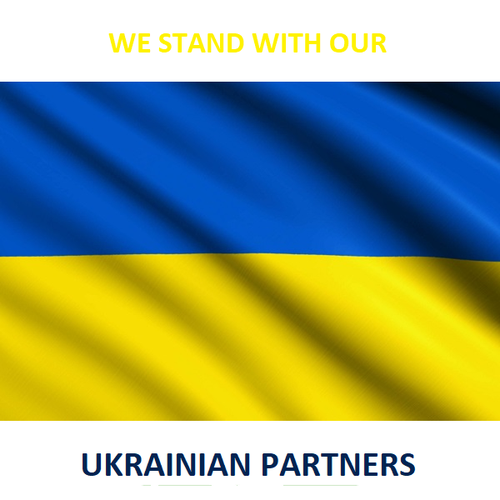
Land Matrix Initiative statement on the war in Ukraine
The Land Matrix Initiative and all its partners are deeply shocked and concerned about the russian aggression and war against Ukraine and the violation of international law. We express our solidarity with our partners from Ukraine, and all the Ukrainian people.
We call for the war to be stopped immediately.
…
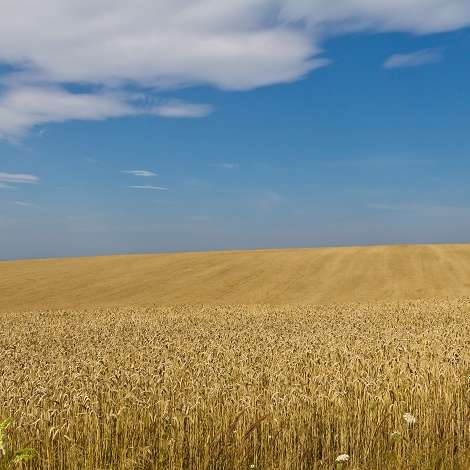
Russian invasion in Ukraine could threaten global food security and starve hundreds of millions globally
Source: Kyiv School of Economics
Published: 4 March 2022
Background
Wheat and corn account for almost of 30% of all calories or simply all food (in various forms) in the world. Ukraine and Russia together export about 30% of all wheat and about 18% of all corn in the …
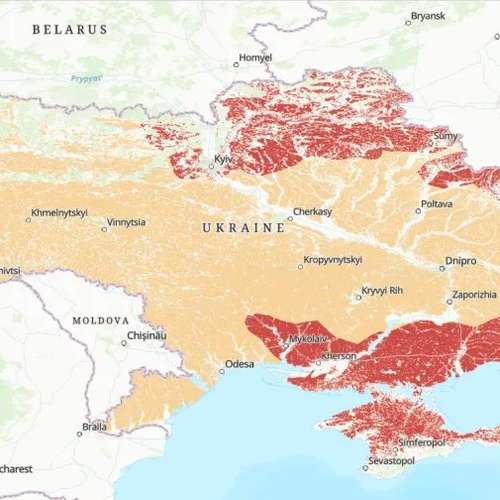
Almost a third part of Ukrainian crops could be abandoned or inaccessible
Source: UNCG
Published: 16 march 2022
For more than 20 days, a war on an unprecedented scale has been going on in Europe. Russia started this war, expecting to take control of key Ukrainian cities and break down the resistance in just a few days. It has become evident …
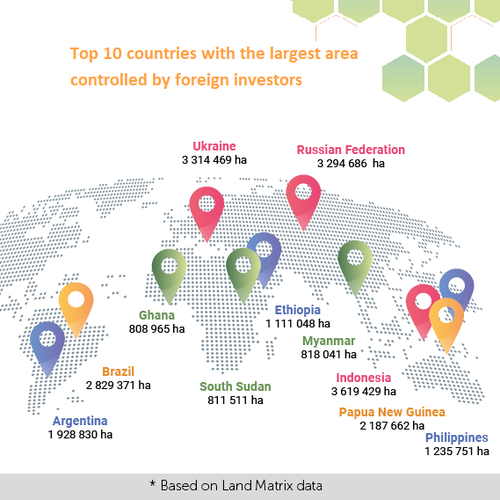
Ukraine has the second largest area globally of land controlled by foreign investors
In September this year, the Land Matrix Initiative published its third analytical report, Taking stock of the global land rush: Few development benefits, many human and environmental risks, based on data collected on large-scale land acquisitions around the world.
According to this report, Ukraine ranks second among target countries …
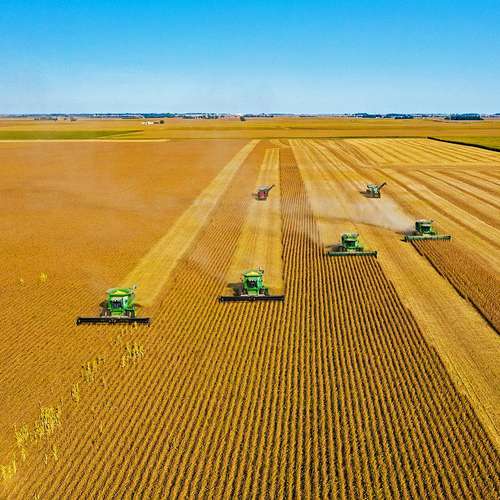
Україна друга у світі за площею земель, контрольованих іноземними інвесторами
У вересні цього року, міжнародна ініціатива Land Matrix опублікувала аналітичний звіт “Підбиття підсумків глобальної «земельної лихоманки» – незначні вигоди, суттєві ризики для людей та довкілля” на основі зібраних даних про масштабні придбання земель по всьому світу.
Згідно з цим звітом, Україна знаходиться на 2-му місці серед країн світу за …
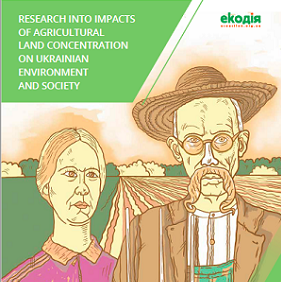
Research into impacts of agricultural land concentration on Ukrainian environment and society
Authors: Evheniia Maruniak, Serhii Lisovskyi, Oleksandr Holubtsov, Viktor Chekhnii, Yurii Farion, and Mykhailo Amosov
Published: 2021
Source: Center for Environmental Initiatives Ecoaction
Generally, the term ‘land concentration’ is used to denote large-scale purchases or leasing of agricultural land, predominantly by private and public investors and agribusinesses in order …
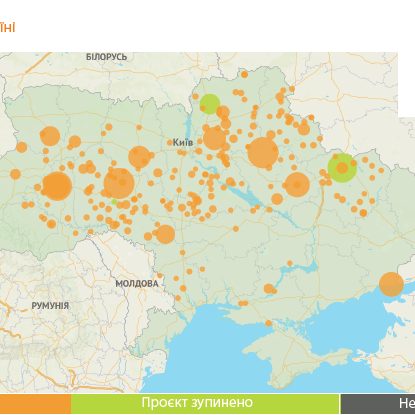
Профіль країни: Україна
З 60 мільйонів гектарів (га) усієї території України 55 % є ріллею, що є найвищим показником в Європі. Загалом сільськогосподарські угіддя займають більше 70% території країни. Наявність величезних земельних ресурсів очікувано спричинила бурхливу дискусію стосовно того, як мають виглядати земельні відносини після розпаду Радянського Союзу. За часів Радянського Союзу земля …
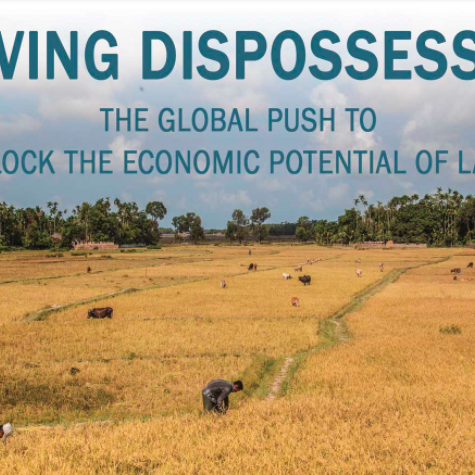
Driving dispossession: The global push to “unlock the economic potential of land”
Authors: Frédéric Mousseau, Andy Currier, Elizabeth Fraser, and Jessie Green
Published: 2020
Source: The Oakland Institute
Driving Dispossession: The Global Push to “Unlock the Economic Potential of Land,” sounds the alarm on the unprecedented wave of privatization of natural resources that is underway around the world. Through six case …

Report: Land use changes and investments in selected regions of Ukraine
Authors: Anton Biatov, Oleh Prylutskyi and Mykhailo Amosov
Published: 2020
Source: Ecoaction
How careful are the agricultural companies with the land they use? This study tried to answer this question by conducting a remote assessment of the state of land in areas where businesses have invested in agriculture.
There …
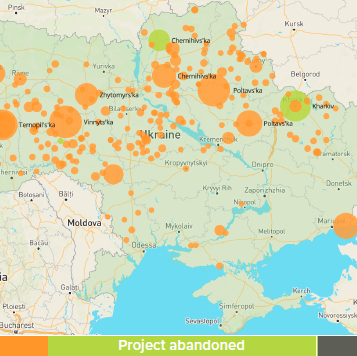
Country profile: Ukraine
Of Ukraine’s 60 million hectares (ha) of total land area, 55% is classified as arable land, which is the highest ratio in Europe. While this incredible wealth of fertile land has earned Ukraine the title of the ‘breadbasket of Europe’, it has also caused intense debate on how land relations …
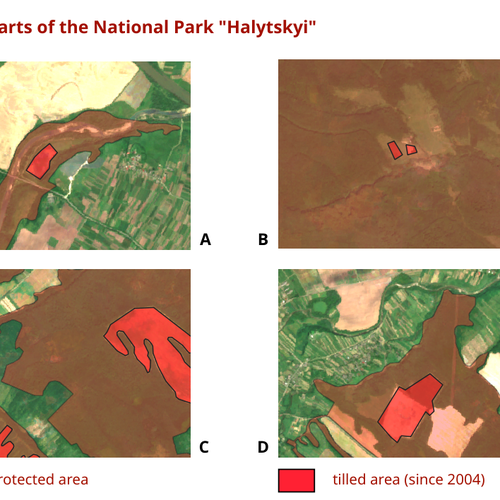
How sustainable land use in Ukraine is ignored
Authors: Mykhailo Amosov and Valentin Pugachev
Published: February 2020 (original)
Source: Ecoaction
Some Ukrainian agro-companies are contravening the law by illegally operating in protected areas of nature reserves and slopes. At the same time, local authorities continue to make such land privately owned and do not control its use.
…
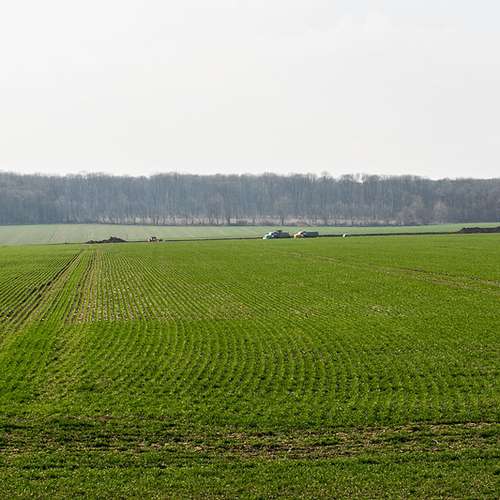
The land question: Land concentration and the agricultural land moratorium in Ukraine
Author: Mykhailo Amosov
Published: 2019
Source: Ecoaction
For nearly thirty years, the question of land reform has occupied Ukrainians. The current stalemate on land policy seems unbreakable. This article, by Mykhailo Amosov from our Eastern Europe Regional Focal Point, Ecoaction, considers how the ‘land question’ has developed over …
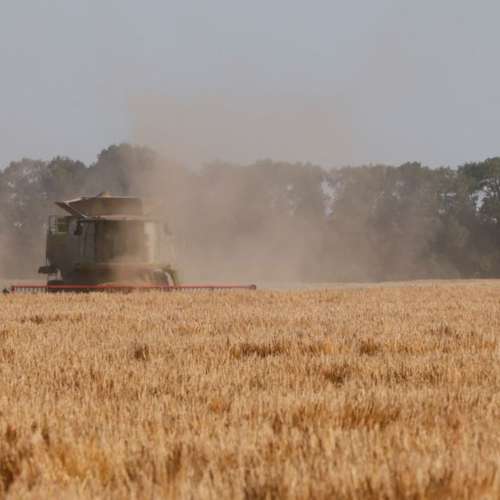
Greener Pastures For Ukrainian Farmers? Zelenskiy Plows Ahead With Land Reform
Author: Tony Wesolowsky
Published: 2019
Source: Radio Free Europe/Radio Liberty
With some of the world's most nutrient-packed soil, Ukraine has long been considered "the breadbasket of Europe". But since the collapse of communism, buying and selling the country's chornozem, or black earth, has been banned, amid fears that the wealthy …